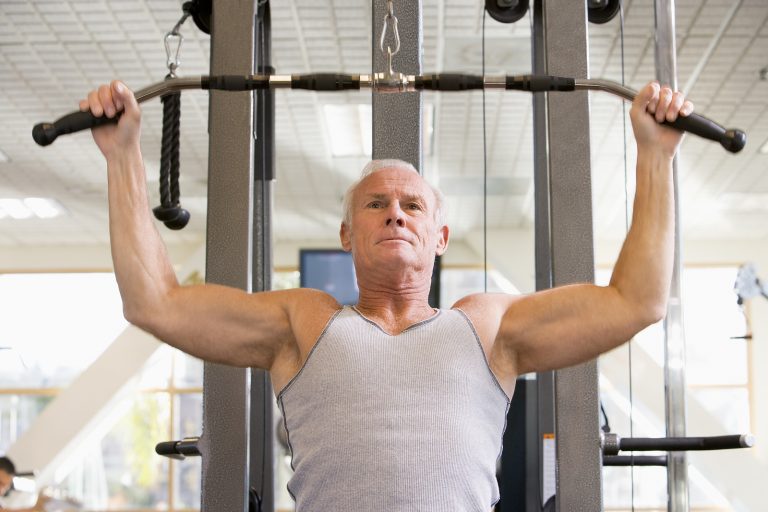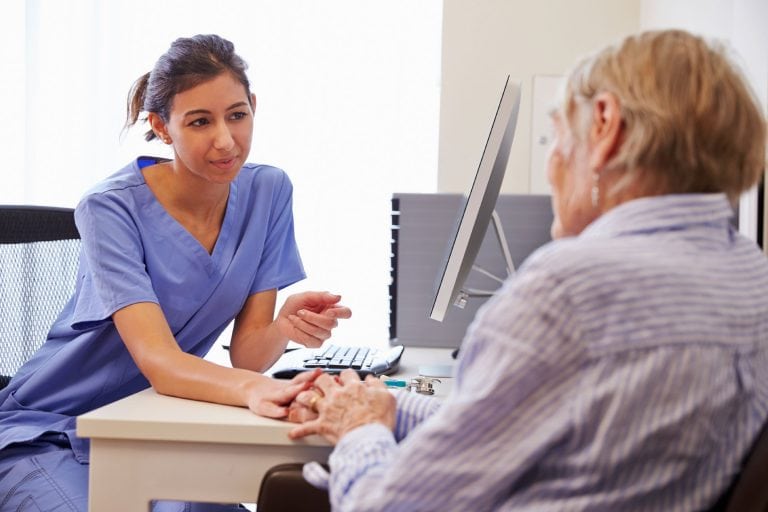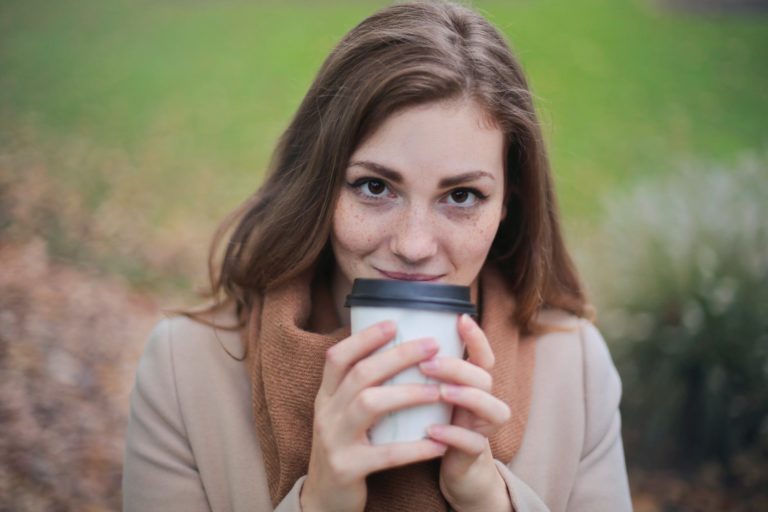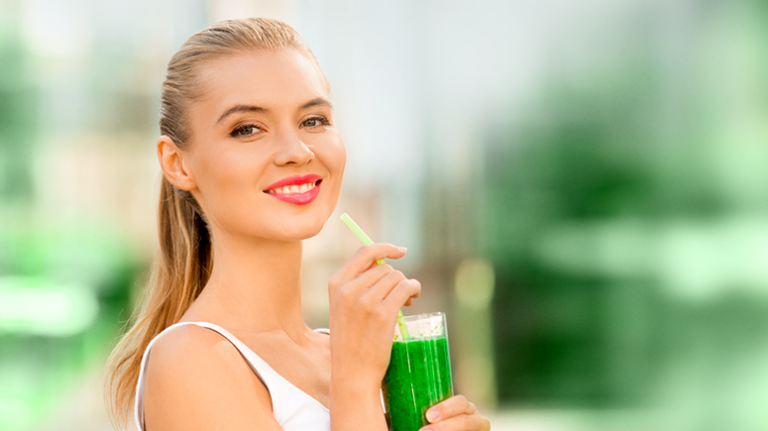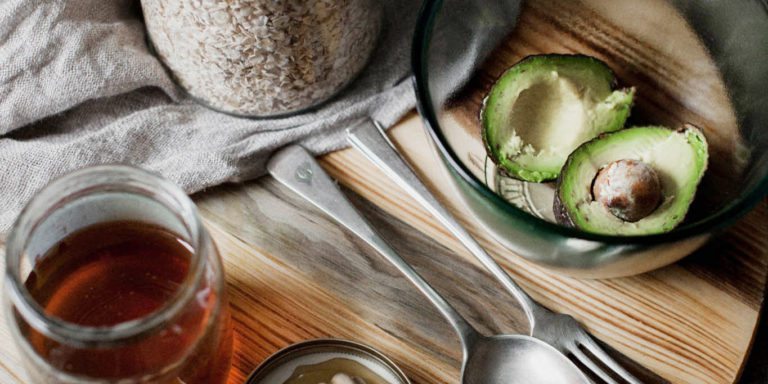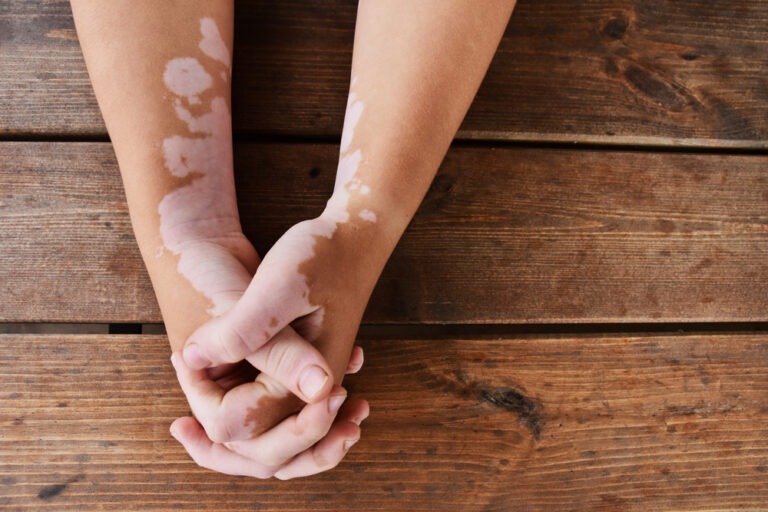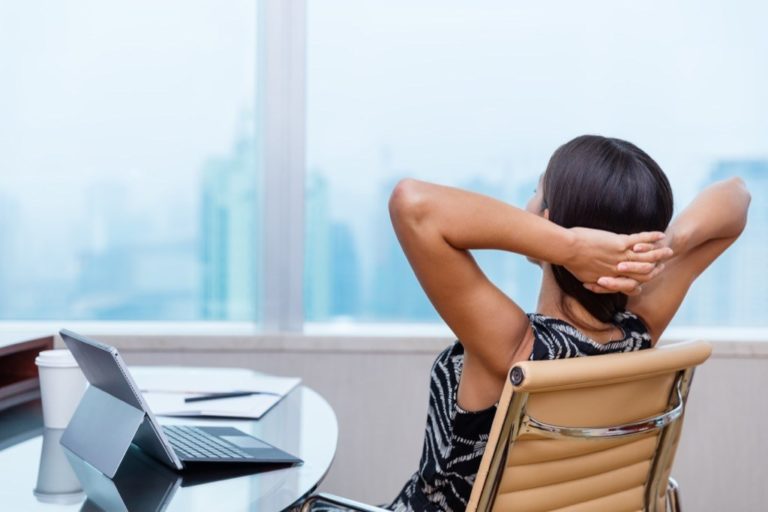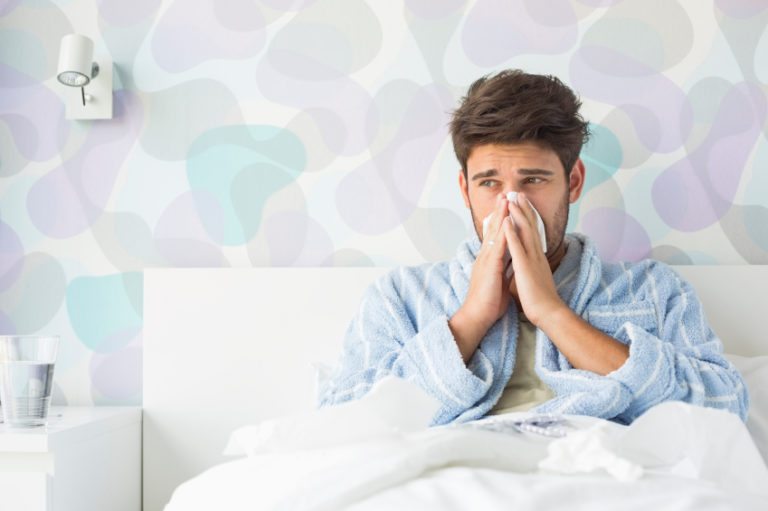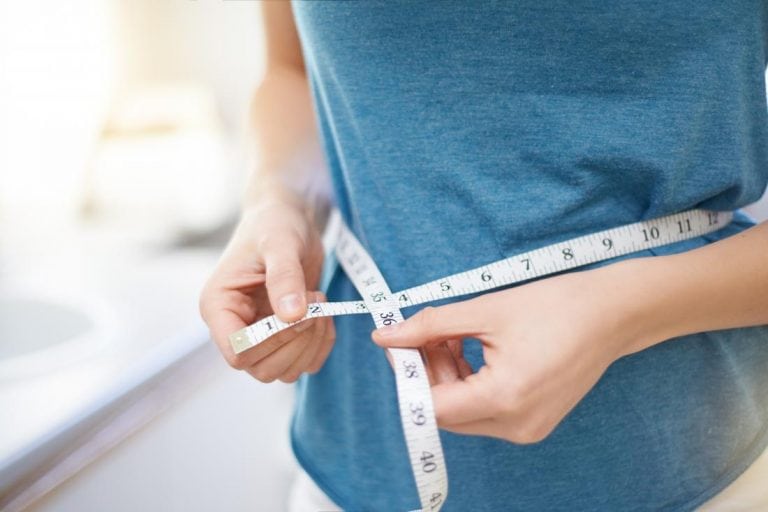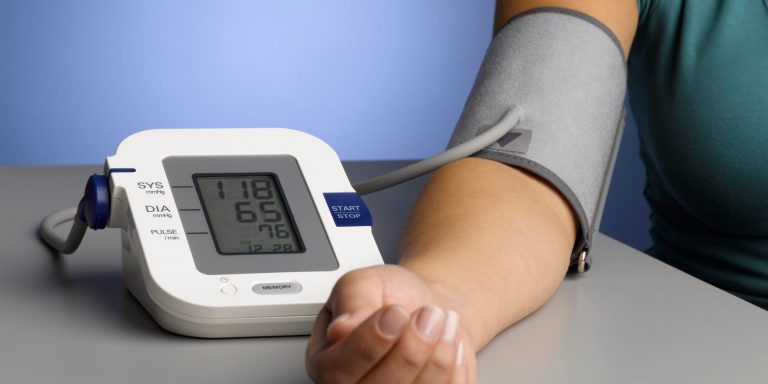Social anxiety nowadays is a very common mental health, because we often have insecurities about ourselves. If you are always worried about what others think about you and your appearance you probably suffer from social anxiety. “Social anxiety, which is one of the most common mental health issues, is the fear of social situations that involve interactions with other people,” explains Gail Saltz, MD, a New York City–based psychiatrist and Health’s contributing psychology editor. “The predominant symptom is anxiety about being negatively judged or evaluated by other people.”
As you probably know, overthinking leads to negative thoughts and is seen as well when you have palpitations, dry mouth or sweating. “Palpitations, sweating, and dry mouth either ahead of an event or in the moment are a few common symptoms of social anxiety,” says Dr. Saltz. Severe cases can be treated with therapy or with medication. But if your social anxiety only comes out in a few situations, here are some tips that will help you.
Don’t cancel

Don’t tell your host or your friends that something came out of nowhere and you can’t join them. “You’ll probably feel relieved when you avoid [social events],” says Dr. Saltz. “But that [relief] will positively reinforce your avoidance, making your world smaller and smaller and your symptoms even worse.”
Conversation starters

People who are socially anxious don’t came with conversation starters. You must do the opposite. Just pick some interesting topics and discuss them with your friends, you will feel more comfortable. If you are at a party and you don’t know anyone you always can start a conversation with “How do you know the host?”.
Vow to speak to three new people
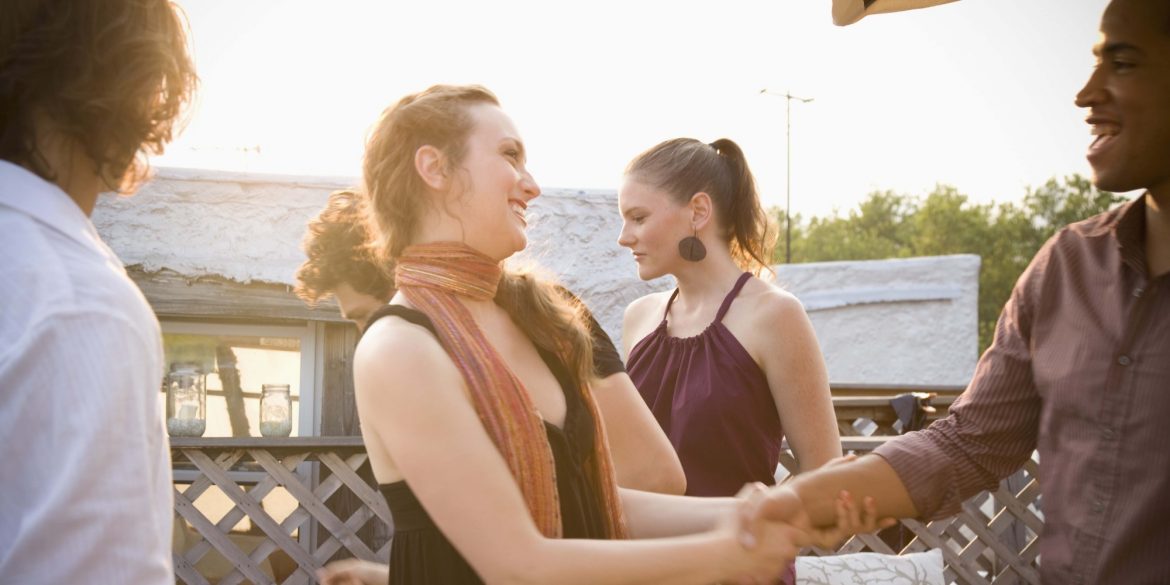
“Going to a party and only talking to the one person you know there doesn’t help you battle back social anxiety,” says Dr. Saltz. Have some five-minute conversation with new people. Set a goal before you go out and respect it. “Try to pick a goal that brings you to the edge of uncomfortable but doesn’t make you frantic,” says Dr. Saltz.
Drink with moderation
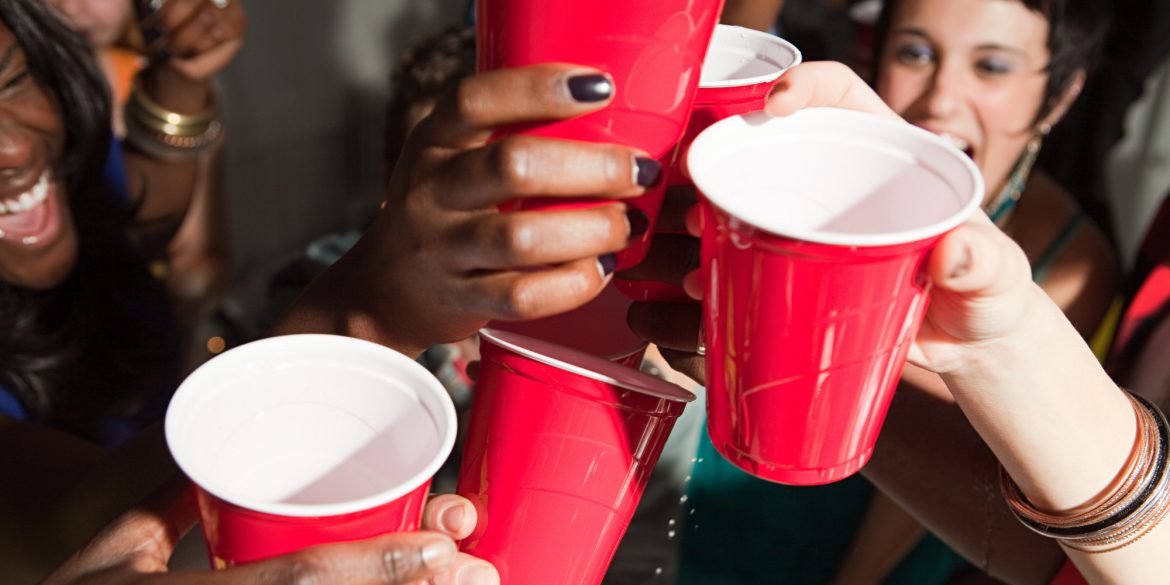
“Unfortunately, this is how people develop a problem, because they need more and more alcohol to have the same effect on their anxiety, as they build up a tolerance,” says Dr. Saltz. Also bad: The more uninhibited a person becomes, the more likely they are to behave in ways that will only add to their social anxiety later on.




